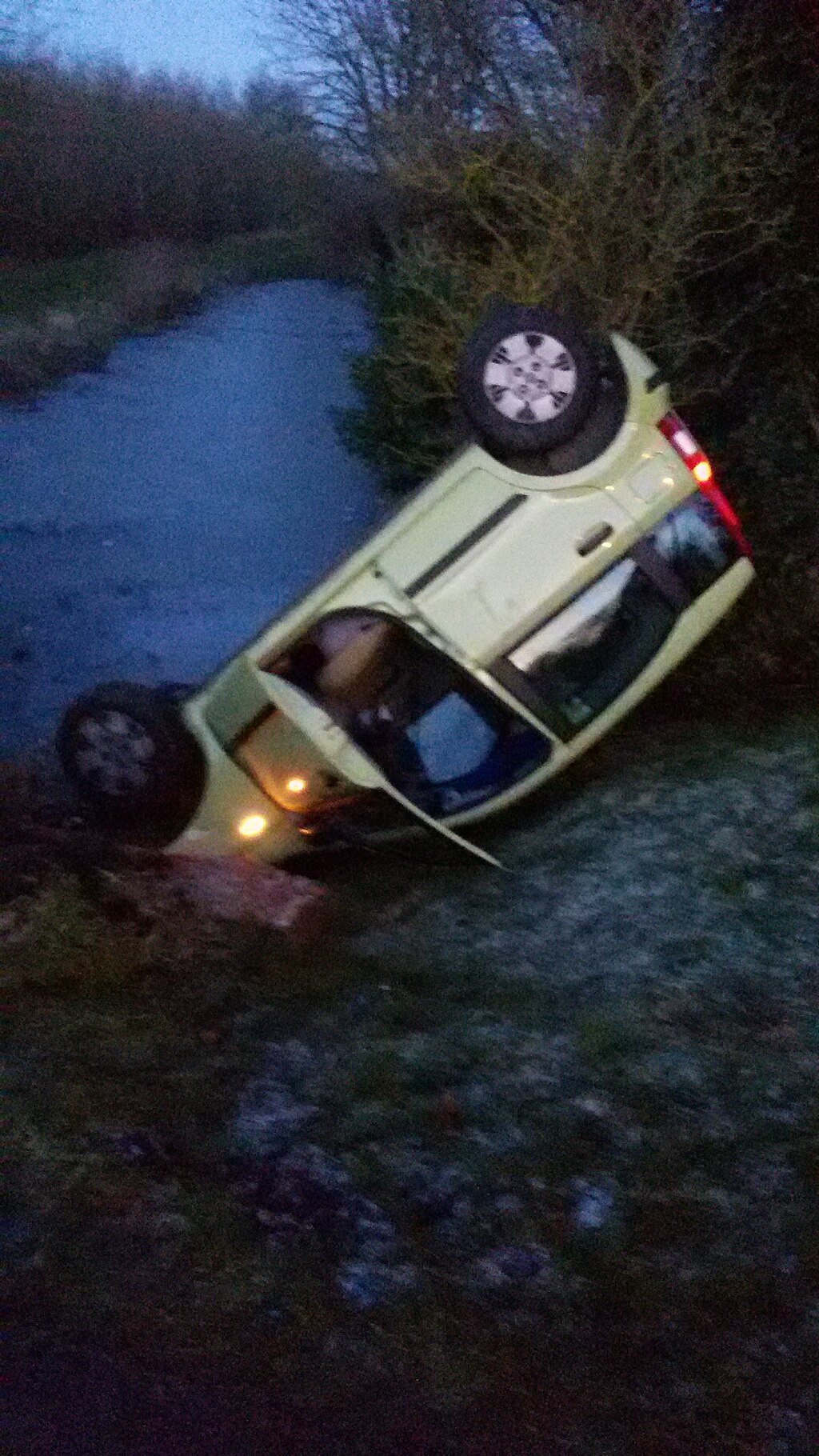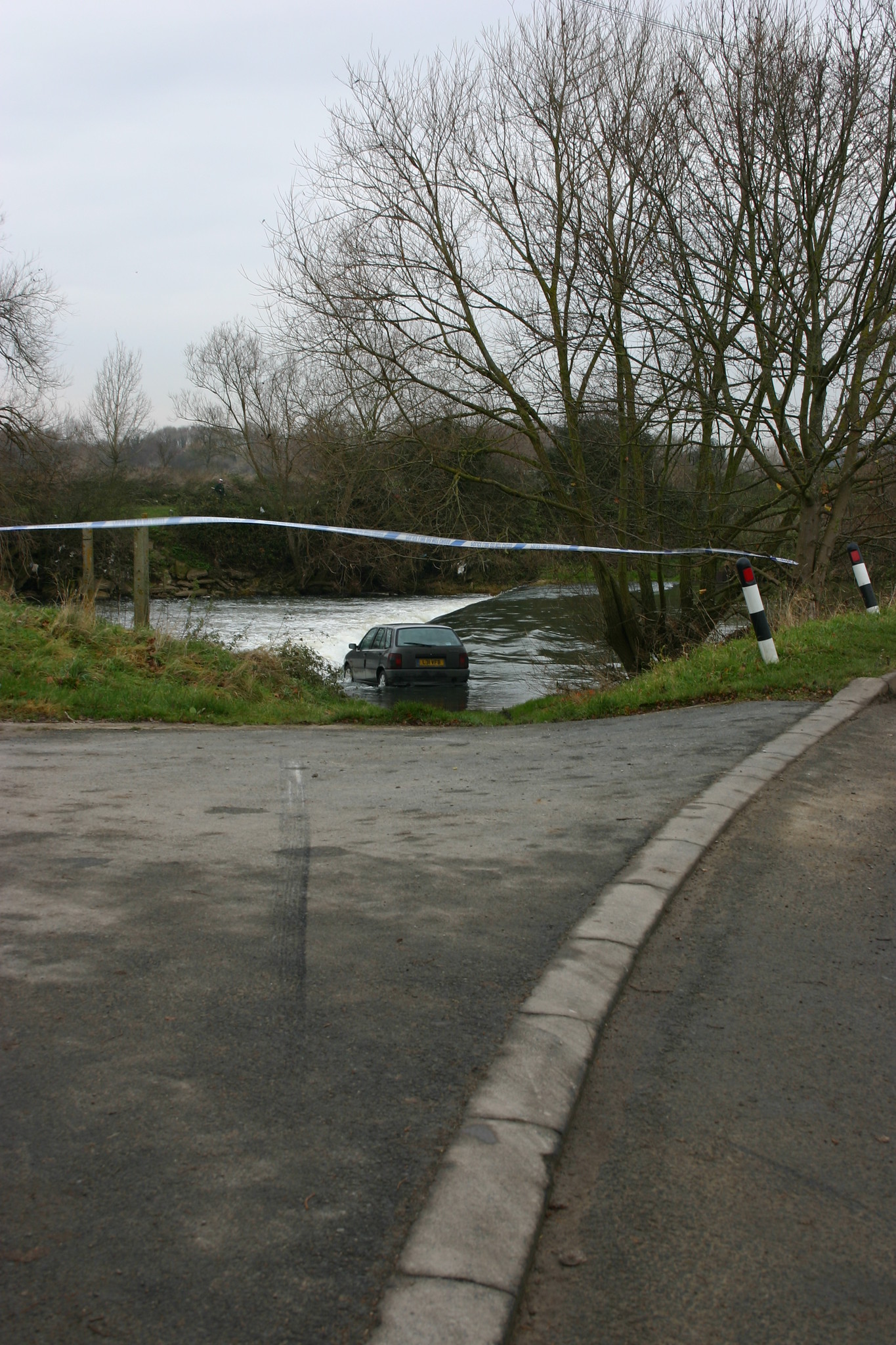Lest we become pessimistic about achieving a worthy safety goal of ending crash drowning deaths consider the history of airbags.
A tragic crash drowning death was reported recently.1
I can’t believe that in my more than 40 years of auto safety work at NHTSA, and during retirement after NHTSA, I had not known about the magnitude of this problem.2
Looking into the problem of crash drowning deaths now, I am shocked at the enormity of crash drowning tragedies that NHTSA knows about, but I did not. NHTSA counts an average of more than 300 crash drownings annually.3
Until now, I also did not see a 2011 Today Show piece entitled Get Out Alive – How to survive in a sinking Car.4
As I write this article, it is the week of Ralph Nader’s 90th birthday [Editor’s note: Mr. Nader was born on February 27, 1934.]. I am reminded of his book Unsafe at Any Speed and the many hundreds of thousands of lives that have been saved worldwide since then. I am grateful to have worked to get airbags into cars that save lives worldwide today.5
Ending Crash Drowning Deaths is a Worthy Goal
When the Chao tragedy occurred, my first thought was the work I have been doing on Automatic Crash Notification (ACN) for decades might have helped.6

Unfortunately, insufficient time, and communication difficulties in water probably prevent provision of timely optimal emergency care with current technologies. Chat AI reports:
Q: Can ACN work in a submerged vehicle
A: No, an ACN (automatic collision notification) system typically relies on communication with satellites or cellular towers to send out a signal in the event of a collision. If a vehicle is submerged, the water would obstruct the signal transmission, rendering the ACN system ineffective in such a scenario. In underwater or submerged conditions, it would be challenging for any electronic communication system, including ACN, to function correctly due to the barriers presented by water that block signals.Q: Can a car be made unsinkable?
A: While it is not currently possible to make a car completely unsinkable in all situations, certain design features and technologies can help improve a car’s chances of floating in water or remaining afloat for a period of time in the event of being submerged. For example, some vehicles, such as amphibious cars or specially designed rescue vehicles, incorporate features like watertight seals, buoyant materials, or even inflatable airbags that can help keep the vehicle afloat in water. However, it is important to note that no vehicle can be made completely unsinkable under all circumstances. Factors such as the weight of the vehicle, the amount of water it takes on, the conditions of the water, and other variables can affect whether a vehicle will sink or float. It is essential for car manufacturers to follow safety regulations, including crash testing and waterproofing measures, to enhance the chances of a vehicle remaining afloat in water-related accidents.
Lest we become pessimistic about achieving a worthy safety goal of ending crash drowning deaths consider the history of airbags.
One victory in the long war for safety was the unanimous Supreme Court decision of June 24, 1983 that overturned the rescission of the airbag rule. Justice Byron White wrote the immortal words:
“For nearly a decade, the automobile industry has waged the regulatory equivalent of war and lost – the inflatable restraint has proved sufficiently effective. Now the automobile industry has decided to employ a seatbelt system which will not meet the safety objectives of standard 208.”4
I was personally gratified that the Supreme Court cited the NHTSA July 1980 Report that Joan Claybrook [Editor’s note: Former head of NHTSA, 1977 – 1981.] assigned me to prepare.5
References:
- Angela Chao, C.E.O. of Family’s Shipping Company, Is Dead at 50
- Care for Crash Victims
- Submerged Vehicle Drownings
- resqme ® Keychain Featured on The Today Show — This Product Could Save Your Life — Please Watch!
- Airbags, Rating Vehicles for Safety & Saving Lives
- Care for Crash Victims, Category Legal Reader


Join the conversation!